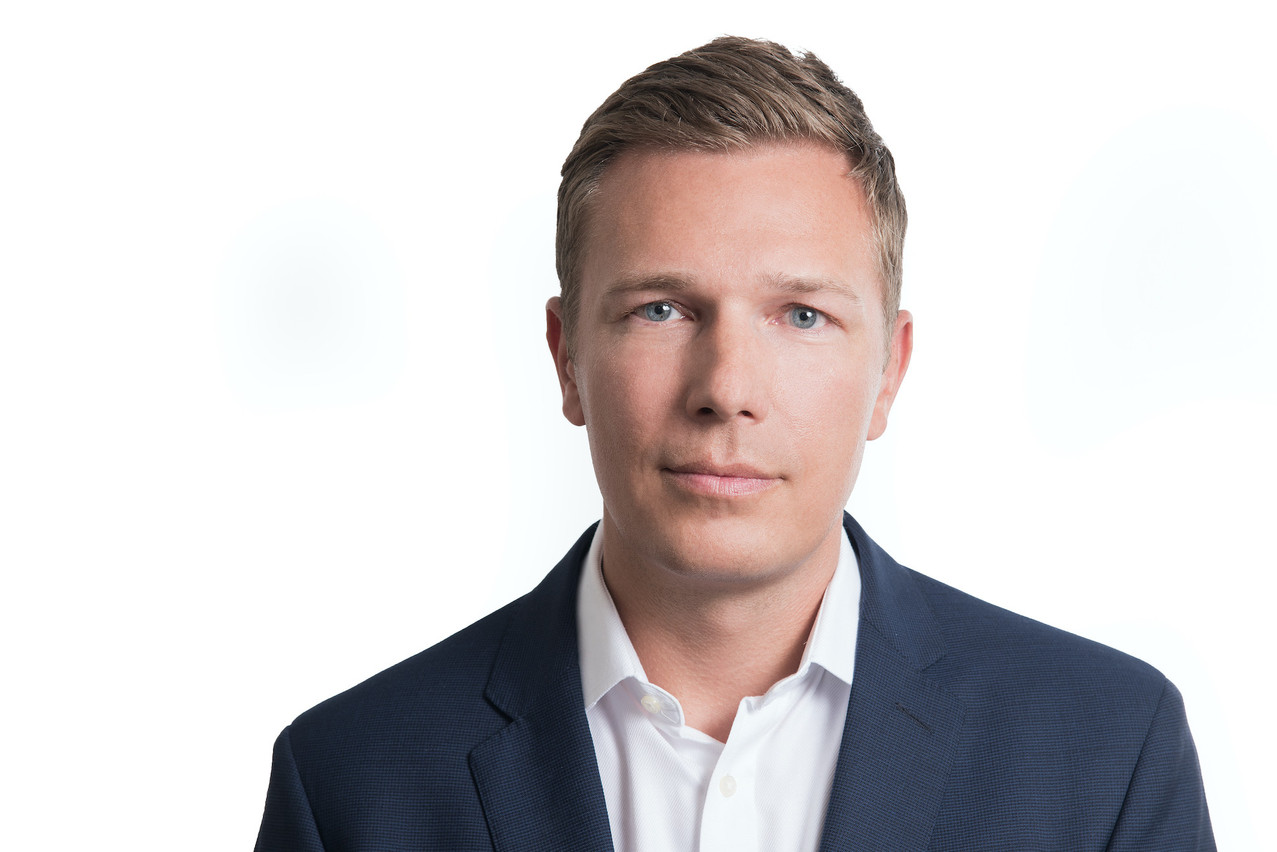BlueOrchard is a leading global impact investment manager. In 2001, founded at the initiative of the UN, the company started as a commercial manager of microfinance debt investments around the world. Since 2019, the firm has been a member of the Schroders Group. In its 20-year history, BlueOrchard has invested more than $9bn in over 90 countries and has provided 230 million people with access to financial services from which they were excluded. It manages the largest microfinance fund in the world. The company employs 125 people of 38 different nationalities.
We are global investors who focus on emerging markets
BlueOrchard, based in Switzerland with European headquarters in Luxembourg, is primarily active in emerging and frontier markets. This term refers to a group of emerging countries with an established financial market but with low market capitalisation and liquidity. In theory, they offer greater growth potential than developed markets, while being decoupled from developed and emerging markets. But with a higher risk profile.
“We are global investors who focus on emerging markets. This is where we can generate the most impact per dollar invested,” explained Mueller. “We have become one of the world’s leading impact investment managers, connecting millions of entrepreneurs in emerging and frontier markets with investors. Our goal is to make impact investing solutions accessible to all and to advance the conscious use of capital for the benefit of society and the environment. We have four regional teams: one in Lima, Peru covering Latin America; one in Nairobi, Kenya to cover Africa; one in Tbilisi, Georgia to cover Central Europe; and one in Singapore to cover Asia.”
Diversification into private debt
BlueOrchard’s core business is impact-oriented microfinance. This is a resilient sector that has withstood the covid-19 crisis well. This does not prevent the company from diversifying its offer.
Following its merger with Schroders, BlueOrchard launched a Ucits-compliant climate impact bond strategy. The company has also added two asset classes to its offering: private equity and sustainable infrastructure finance. “After all, microfinance is private debt, as is private equity and infrastructure investment. We are applying our experience to provide debt financing for medium-sized infrastructure projects in emerging markets. Projects that are too small for the big players to invest in and too big to be financed locally,” said Daniel Perroud, the firm’s global head of business and member of executive management.
“In all our activities, our approach is always to assess the financial risk and impact of our investments on an equal basis. If a project has a high impact, but we are not financially compensated for that risk, we will reject it. Similarly, if a project has a high return, but an insufficient impact, we will reject it too. These two criteria are used for all the investments we make. The aim is to generate a return for our investors and to achieve a social and environmental impact on the ground,” stated Mueller. This “double bottom line” approach is “what really differentiates us from philanthropy, which only looks at the social impact without looking at the financial return”.
The green infrastructure engine
BlueOrchard sees the growth of impact investing in three major trends.
Firstly, in the accelerating pace of digitalisation in many areas: “A key trend.” Mueller also sees a rise in demand for green and sustainable infrastructure. “Technologies have become cheaper and proven and, of course, many countries want to reduce their dependence on energy and fossil fuels. The themes of energy and energy independence are going to become more and more important to investors.”
And in his view, the war in Ukraine will accelerate the movement. The war could, “for a while”, push sustainability concerns into the background.
The covid pandemic has accelerated demand for social investments, “an area that investors have not previously considered”.
The third trend is the increased demand for this type of investment from both private investors seeking to make sense of their managers and institutional investors.
Diversification into private markets is also attracting increased interest from investors seeking to diversify their exposures and decouple from the public markets.
A proven methodology
How does BlueOrchard balance profitability and impact? “The most important thing is to have people on the ground to find the right project in the market. Take infrastructure: the needs are obvious when you travel to our target countries and the potential financial and social returns are obvious.” This does not preclude a highly structured investment approach. “Our approach is index agnostic,” insisted Mueller.
“We are very balanced in terms of the risk/return aspect of the asset and the impact dimension. We have our own team that has developed its own environmental and social impact measurement grid over the past 20 years. We are at the forefront of this field and have contributed to most of the methodologies that exist. Our impact measurement methodology is really one of our strengths.”
Originally published in French by and translated for Delano

